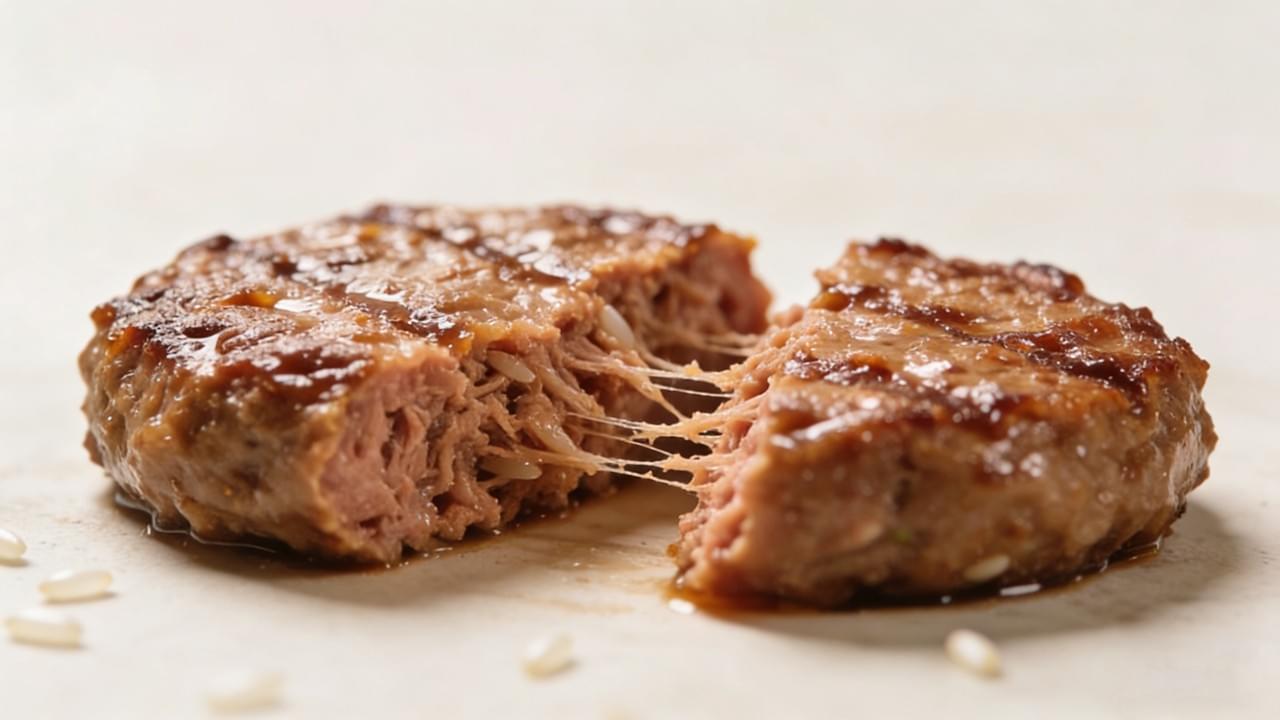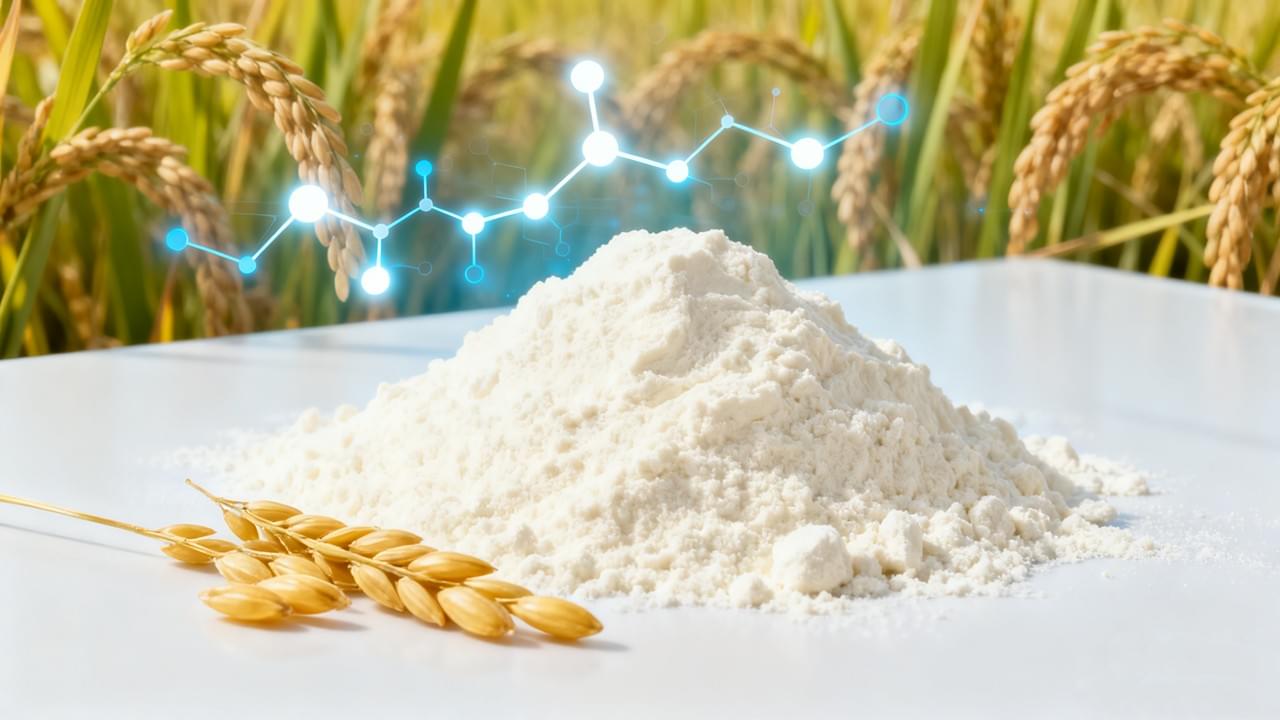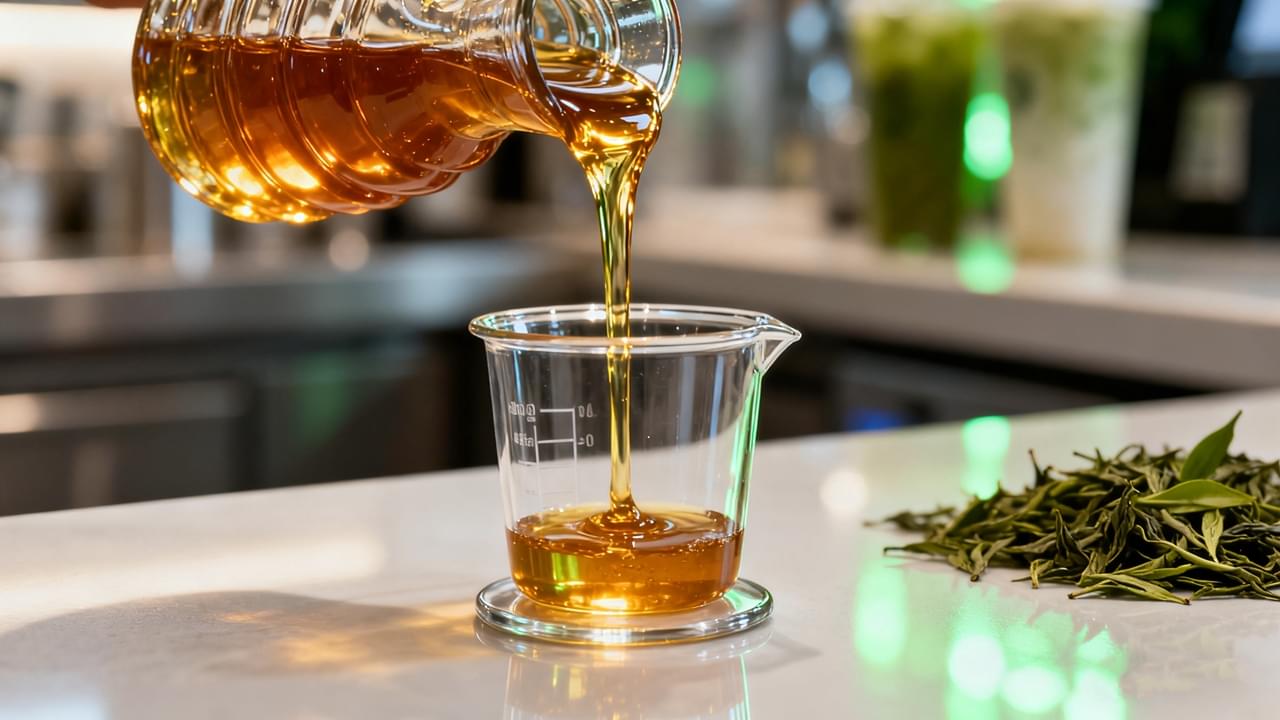In the world of health and fitness, finding the right protein source is crucial. Enter brown rice protein powder, a remarkable option that’s taking the nutrition scene by storm.
Let’s start with the basics. Brown rice protein powder offers a decent amount of protein. A cup of cooked brown rice contains around 5.5 grams of protein, which is approximately 10% of the daily protein requirement for an adult weighing 140 pounds. While it may not seem like a huge amount on its own, it can be a valuable addition to your diet.
Now, here’s an important point to note. Brown rice protein is not a complete protein, meaning it doesn’t provide all the essential amino acids. However, don’t let that deter you. With a diverse diet, you can easily obtain all the necessary amino acids. In fact, brown rice protein can be a great alternative to soy or whey protein in terms of amino acid content.
One of the major advantages of brown rice protein powder is that it’s a plant-based option. This makes it ideal for vegetarians and those looking to reduce their consumption of animal products. Moreover, allergies to rice are relatively rare compared to other common allergens like dairy, gluten, and soy. So, if you have food sensitivities, brown rice protein powder could be a game-changer for you.
Not only is it a safe choice for many, but it also offers several health benefits. For starters, it can help with weight management. By including brown rice protein powder in your diet, you can feel fuller for longer, reducing the urge to overeat. Additionally, it has been shown to have positive effects on liver health and cholesterol levels.
Now, let’s talk about side effects. As of now, there are no known harmful side effects of brown rice protein powder. However, it’s important to remember that consuming excessive amounts of protein over a long period can potentially damage the kidneys. So, as with any supplement, moderation is key.
When compared to other plant-based protein powders like pea protein, brown rice protein powder holds its own. Both offer similar amounts of protein per serving and are plant-based, easy to digest, and free from gluten and dairy. However, brown rice protein powder may provide more fiber and antioxidants. On the other hand, pea protein is a complete protein and has a more neutral taste.
If you’re looking for other protein powder options, there are plenty out there. Milk protein (casein or whey), soy protein, egg protein, and hemp protein are just a few examples. Each has its own unique benefits and drawbacks, so it’s important to choose the one that best suits your needs.
Brown rice protein powder is a powerful and versatile nutritional supplement. Whether you’re a vegetarian, have food sensitivities, or are simply looking to add more protein to your diet, it’s definitely worth considering. With its many benefits and few known side effects, it could be the missing piece in your health and fitness puzzle. So, go ahead and give it a try. Your body will thank you.




